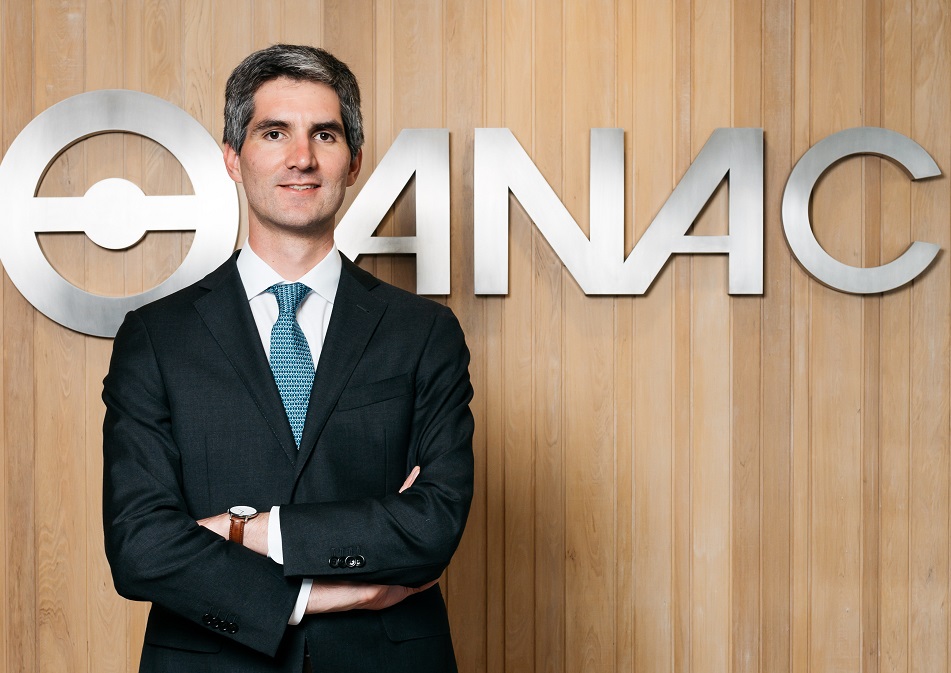Translated by: Patricia Ryan (Linkedin)
Diego Mendoza, ANAC General Secretary answers to questions of Portal Movilidad regarding electric vehicles, incentives and regulations.
Which segments do you think have better development opportunity in electro mobility in the short run?
As the market is composed 100% of imported vehicles, we see development options for all categories and segments. In the short term, the first vehicles to develop will be passengers and commercial vehicles and SUV.
Which offer is available in the country in this sector?
Despite pandemic, in 2020 electric loading trucks, SUV and more full electric passenger’s vehicles appeared in the market.
Which are the conclusions in 2020 regarding electro mobility?
By the end of 2020, among the total of vehicles of zero and low emissions commercialised in Chile, only 17% were full electric ( 157 vehicles total); 8% were plug-in hybrid vehicles (79 vehicles) and 75% (696 vehicles) were conventional hybrid.
Does importers´ interest to increase EV available portfolio grow in Chile?
Imported brands of vehicles registered at ANAC have considerably increased their offer of EV in Chile for all the segments. It is being analysed the entrance to the market of different types of electric products, hybrid and with eco-efficient engines to promote a more efficient means of transport.
Do you think import and authorization regulations are sufficient?
Import regulations are favourable thanks to free trading treaties underwritten by Chile and today, the authorization proceedings permit to commercialize without big deal.
Would you propose an improvement regarding regulations on the matter?
An urgent improvement in the promotion of incentives is needed for the use of low or zero emissions vehicles: there are not incentives in Chile today, of any kind, unless the payment waiver of green tax. Incentives are necessary to make the acquisition of this type of vehicles more attractive since prices are higher. We are in permanent contact with the Ministry of Energy and Ministry of Transport in order to work on an efficient regulatory agenda.
Will manufacturers be affected by a regulation on plug-in standardization?
On the contrary. Nowadays vehicles of more than 28 from different origins are coming in (and they will keep coming). Therefore, we shall mainly live together with Chinese, European and American regulations.
Is ANAC in favour or against a standard rule?
Chile must neither standardize nor impede the charging plug-in based on such regulations; it must be assured the free inter-operation of plugs so that user´s experience of an electric vehicle does not affect or imped the import of such products.
Translated by: Patricia Ryan (Linkedin)
Contact: inglesryan@hotmail.com – +5491157520278

Translated by: Patricia Ryan





















